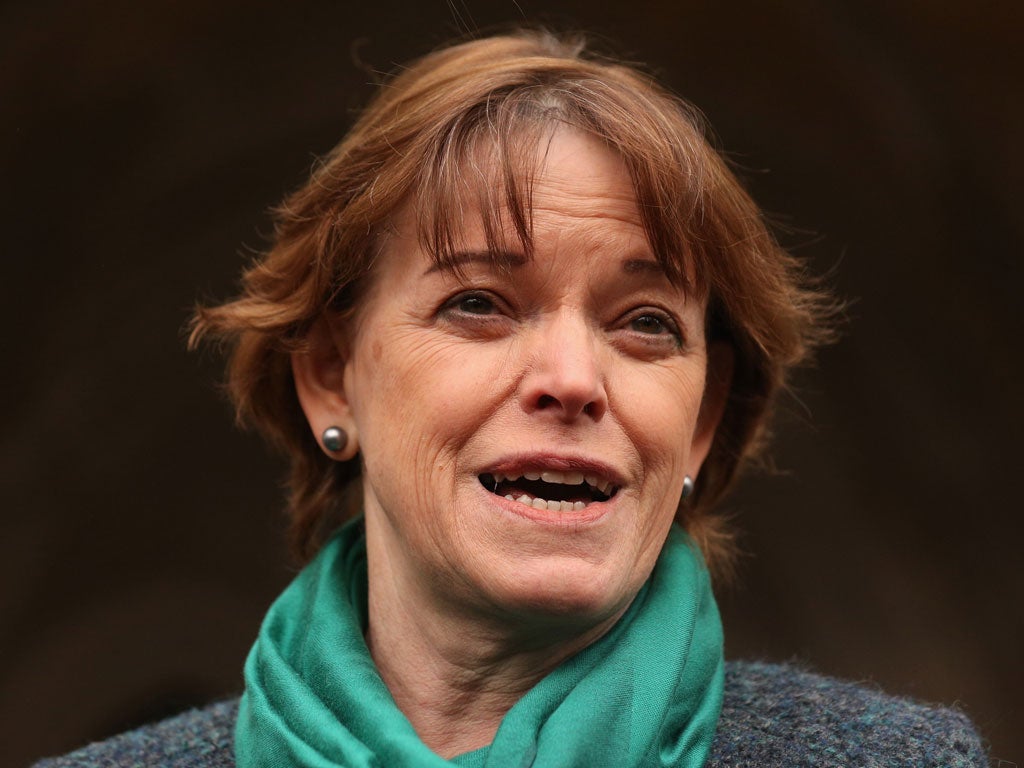Michael Gove told exam reforms must be delayed to ensure quality
New syllabus will not be taught in A-level maths and most GCSE subjects by September 2015

Your support helps us to tell the story
From reproductive rights to climate change to Big Tech, The Independent is on the ground when the story is developing. Whether it's investigating the financials of Elon Musk's pro-Trump PAC or producing our latest documentary, 'The A Word', which shines a light on the American women fighting for reproductive rights, we know how important it is to parse out the facts from the messaging.
At such a critical moment in US history, we need reporters on the ground. Your donation allows us to keep sending journalists to speak to both sides of the story.
The Independent is trusted by Americans across the entire political spectrum. And unlike many other quality news outlets, we choose not to lock Americans out of our reporting and analysis with paywalls. We believe quality journalism should be available to everyone, paid for by those who can afford it.
Your support makes all the difference.Delays to controversial reforms to GCSEs and A-levels have been forced upon Education Secretary Michael Gove by the exams regulator Ofqual as they are not be ready to be introduced.
The new exams were intended to be brought in to schools in September 2015, but new A-levels in maths and further maths will be put back and introduced a year later, while at GCSE level only the core subjects English and maths will stick to the original timetable.
Under Mr Gove’s reforms, there will be a radical shift of emphasis to the exam syllabuses. He is scrapping almost all coursework and concentrating instead on a one-off end-of-syllabus exam – as was the case in the past.
But in a letter to Mr Gove, Glenys Stacey, chief executive of Ofqual, said that a review of A-level syllabus content had shown that more “fundamental work” needed to be done on maths and further maths to meet his criteria for the new exams.
She warned: “We cannot be confident new high quality GCSEs in all subjects could be ready in good time for first teaching in 2015.”
Although she said that top priority would be given to introducing English language, English literature and maths on time, she indicated that the timetable would still have to be kept under review.
In his reply, Mr Gove accepted the need to delay maths and further maths at A-level because of the importance attached to getting the exams right.
“On the GCSEs we both agree that existing GCSEs are inadequate and that reformed qualifications should be introduced at the earliest opportunity,” he added.
“We must replace the modular GCSE treadmill with exams that encourage the skills universities and employers want – such as essay writing and mathematical problem solving. That’s why I want new GCSEs in core academic subjects in place for teaching for 2015.”
However, he was prepared to allow a delay in other subjects because it was “right to prioritise the availability of world-class qualifications in the subjects”.
Critics of the current system have claimed it is too easy to cheat in coursework by getting parents or the internet to answer questions. There have also been accusations that some teachers bump up marks to ensure a good ranking for their school in league tables.
However, exam boards are worried that students will be studying a mixture of syllabuses – with the GCSEs in all but English and maths not preparing pupils for the new-style A-levels.
A source close to Mr Gove said: “We have to balance the urgency of fixing exams against the danger of repeating past mistakes.”
Join our commenting forum
Join thought-provoking conversations, follow other Independent readers and see their replies
Comments